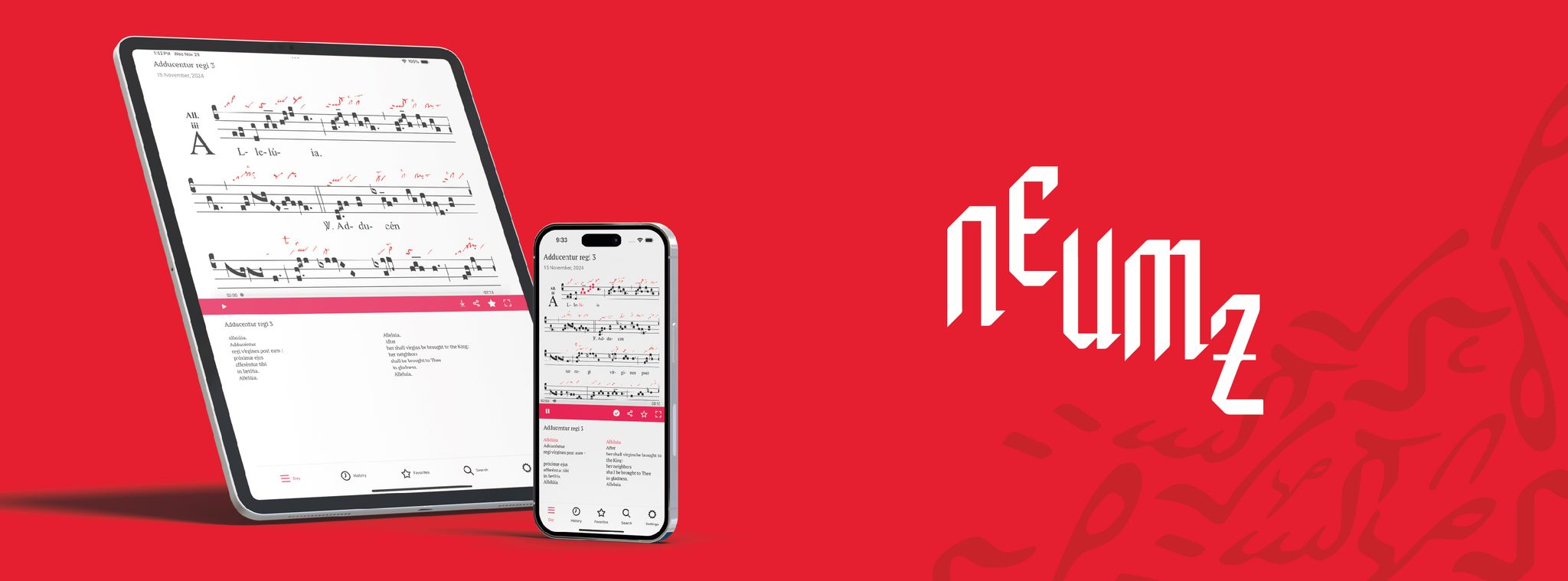Vos Qui Secuti Estis Me 2
Today we celebrate the feast of St Bartholomew, apostle and martyr. According to the Roman Martyrology, Bartholomew is identified with Nathanael. Born in Cana of Galilee, he was introduced by Philip to Jesus Christ near the Jordan, where the Lord invited him to follow him and added him to the Twelve. After the Ascension of the Lord, it is a tradition that he preached the Gospel in India and Armenia, where he died a martyr's death. While still alive, his skin was torn off and he was beheaded by King Astyages at Derbend. According to tradition this martyrdom took place in Abanopolis, on the western shore of the Caspian Sea, after he had also preached in Mesopotamia, Persia and Egypt. The relics of St Bartholomew, according to one tradition, were buried on the island of Lipara and were eventually transferred to Benevento, Italy and then to Rome where they are now in the Church of St Bartholomew on the Isola San Bartolomeo in the Tiber River.
To celebrate the feast of St Bartholomew, we at Neumz have chosen the Communion antiphon, Vos qui secuti estis, from the Common Apostles. The text, taken from the Gospel of Matthew, chapter 19, v.20, is Jesus' answer to Peter, who was anxious to know the price of the total surrender of his goods and his person. A leap of faith, a decision born of his heart, touched by Jesus, whom he follows unconditionally, giving himself completely to his mission. Thus, the first followers of Jesus, his apostles, are also rightfully seated as judges of the "twelve tribes" and the Church therefore pays homage to them and raises its song of praise for their generosity and dedication.
As for the melody, this piece, composed in mode 2, is a fairly simple Communion antiphon. The melodic movement begins with a forceful affirmation; after the initial virga strata of the double D the melody rises, enveloping everything in a luminous joy that is amplified and intensified in super sedes, the high point of this chant, at which point the melody settles on the G, above the dominant F, highlighting the reward granted to the apostles: to occupy their seats as judges.
